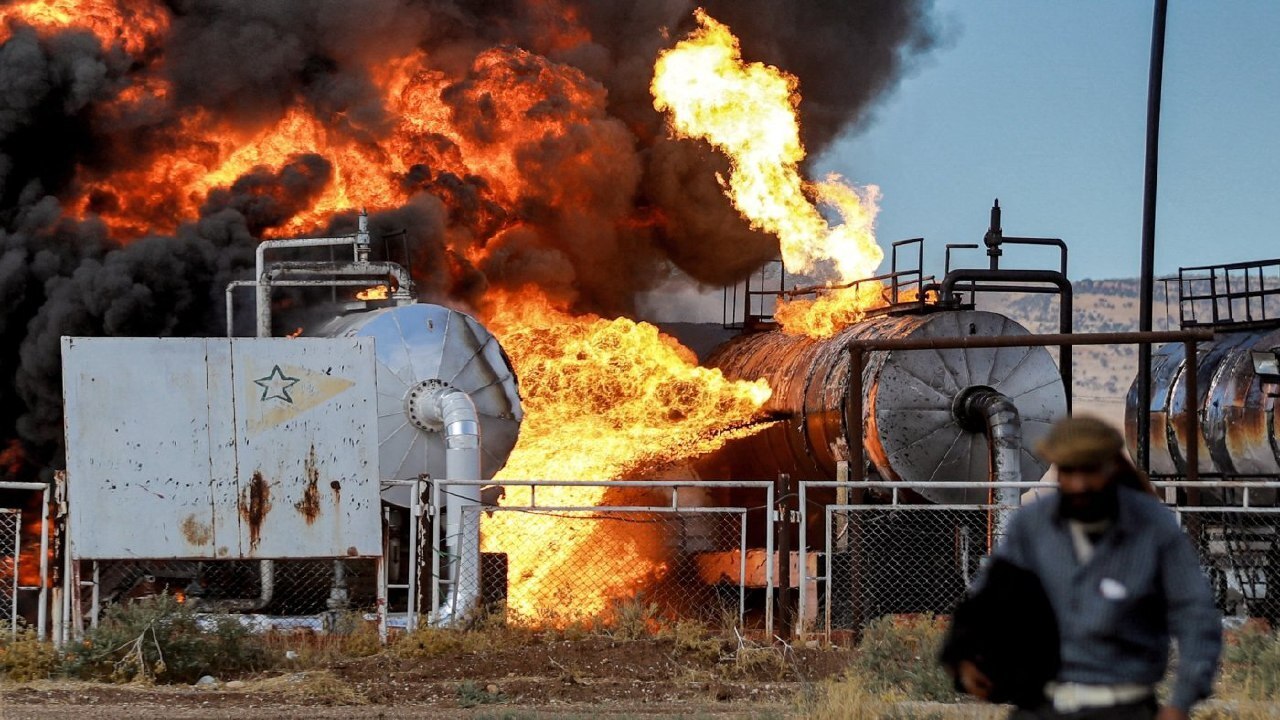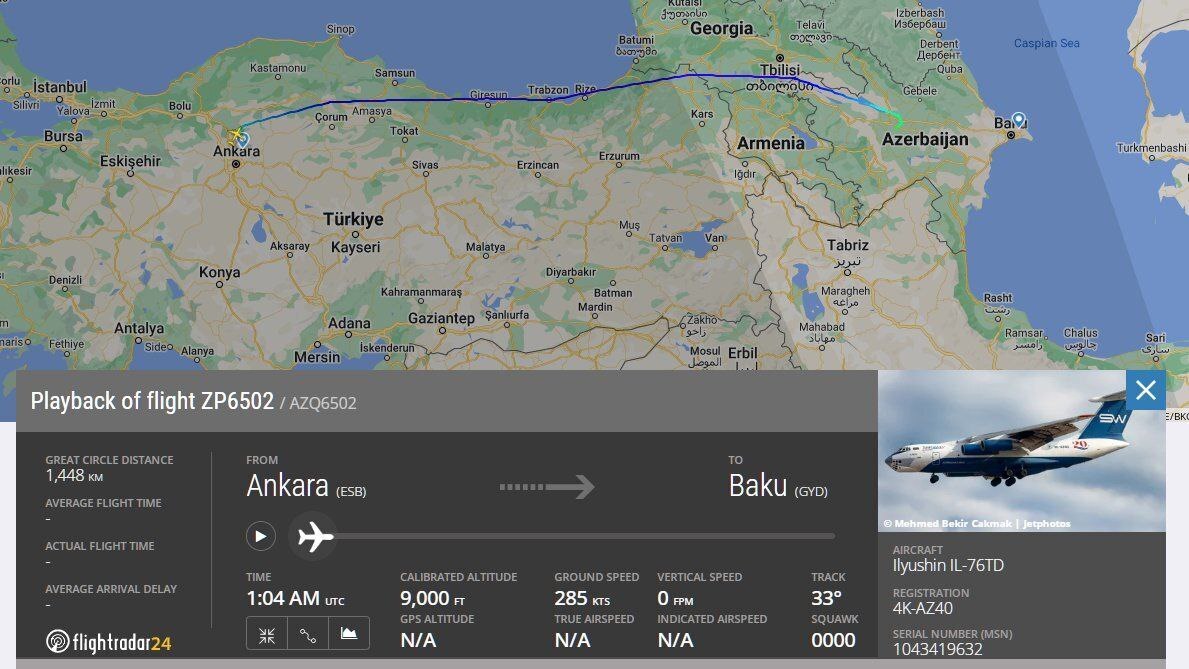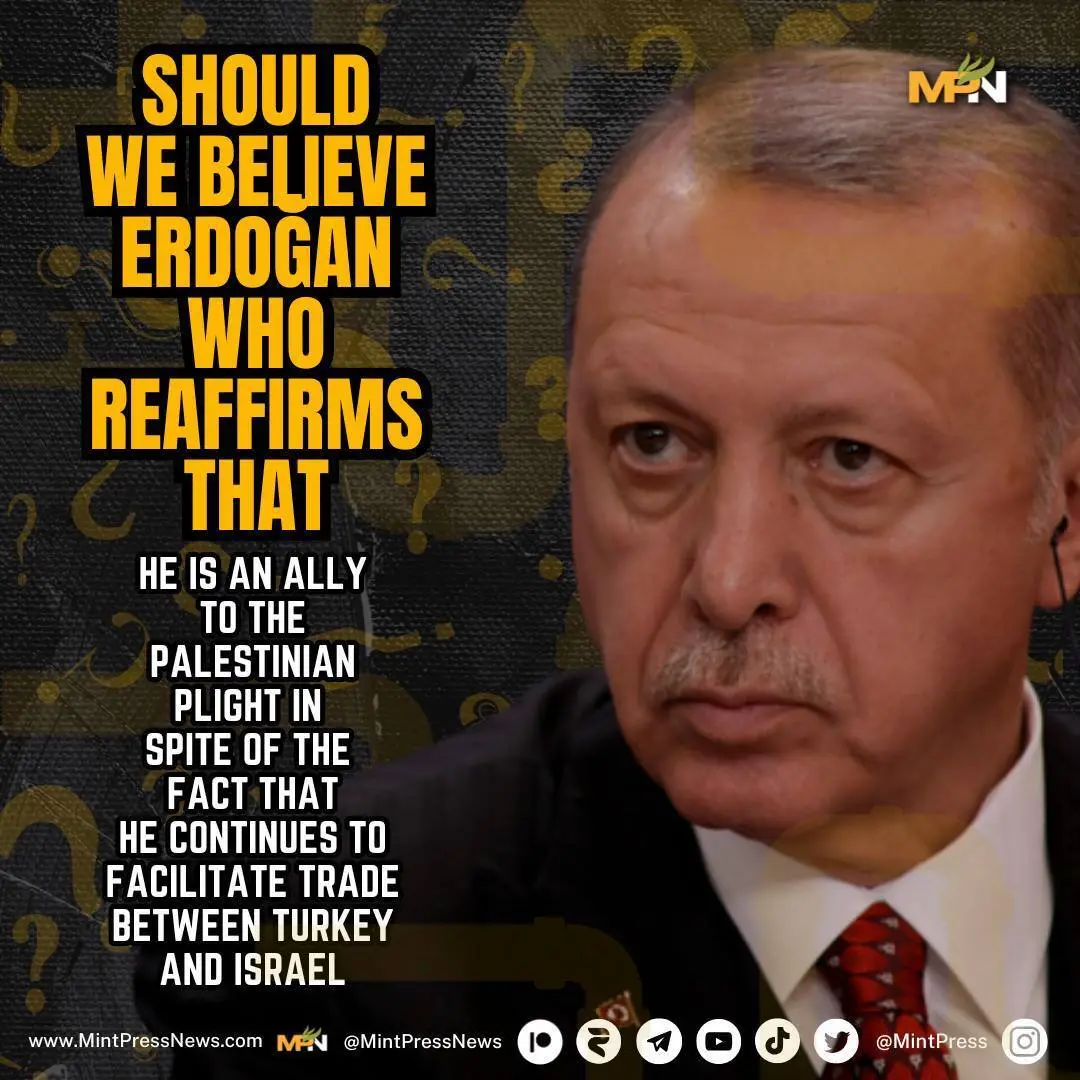
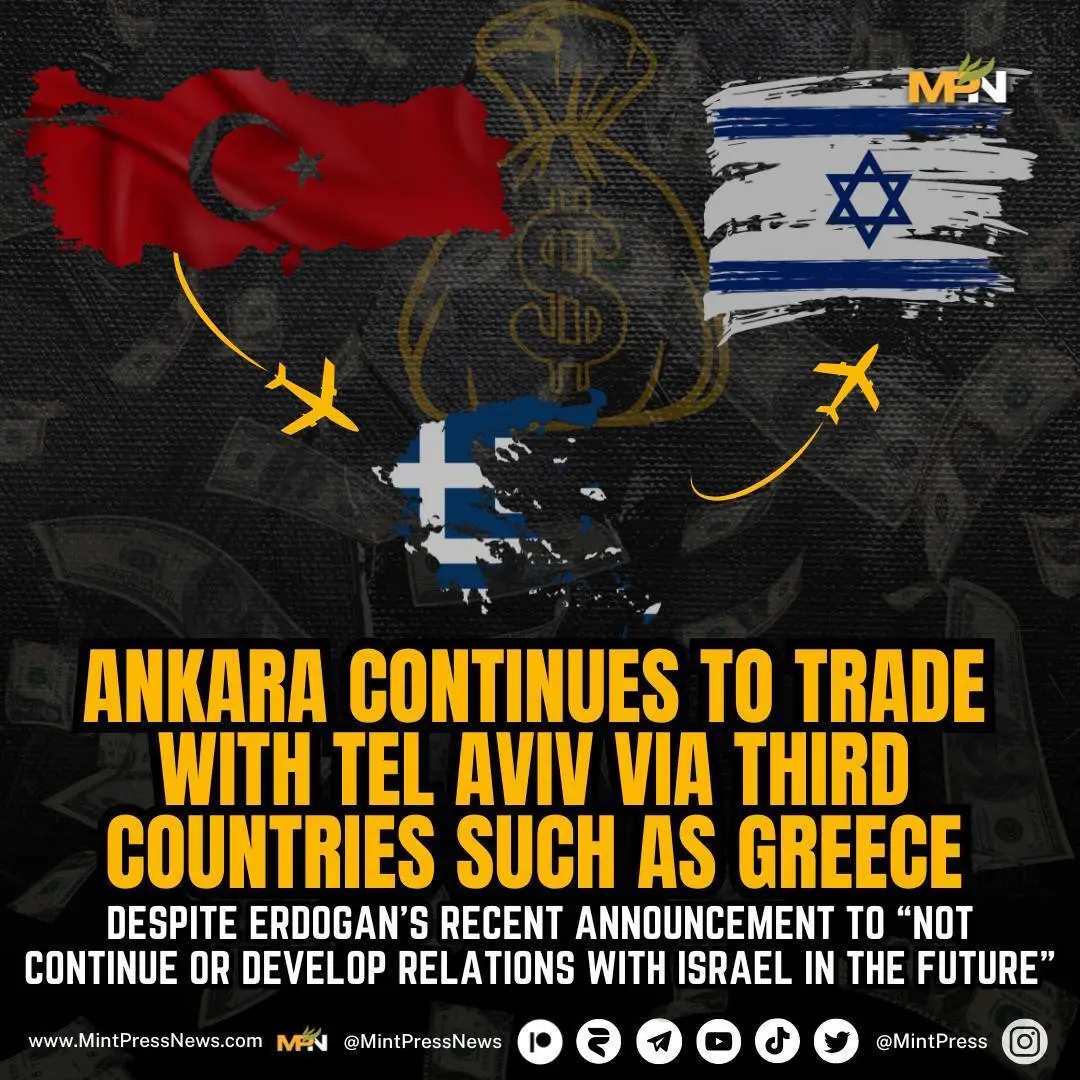


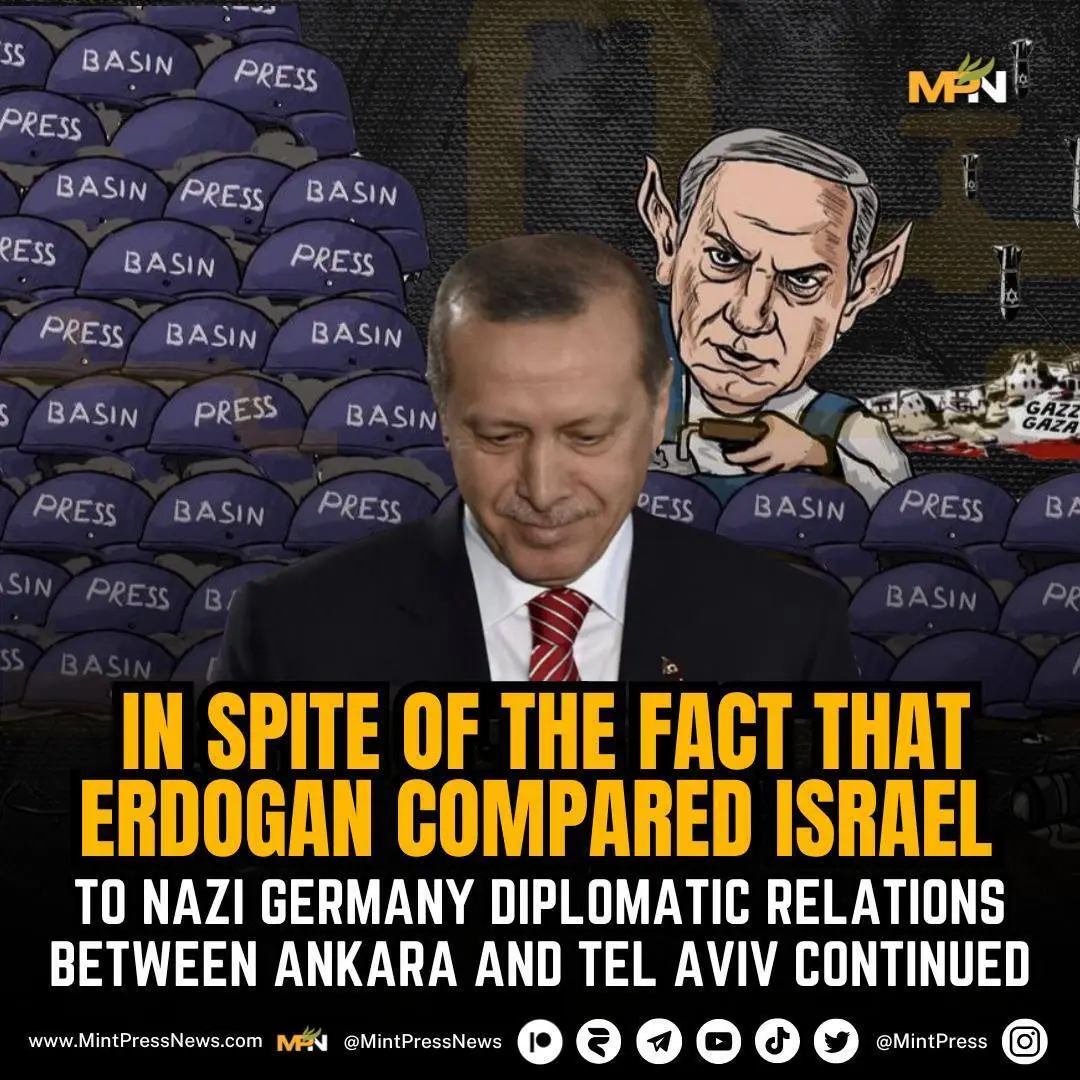
The Turkish government has stood with #Israel behind the scenes and continued supplying it with crucial resources
Despite Turkish President Recep Tayyip #Erdogan’s routine posturing against Israel, he has been one of the Israeli governments most active supporters. In fact, without the help of #Ankara, it would have been difficult to continue the war in #Gaza at all.
#Turkey #Hypocrisy #Politics #Genocide #Greece #Azerbaijan #Oil
2 Likes
